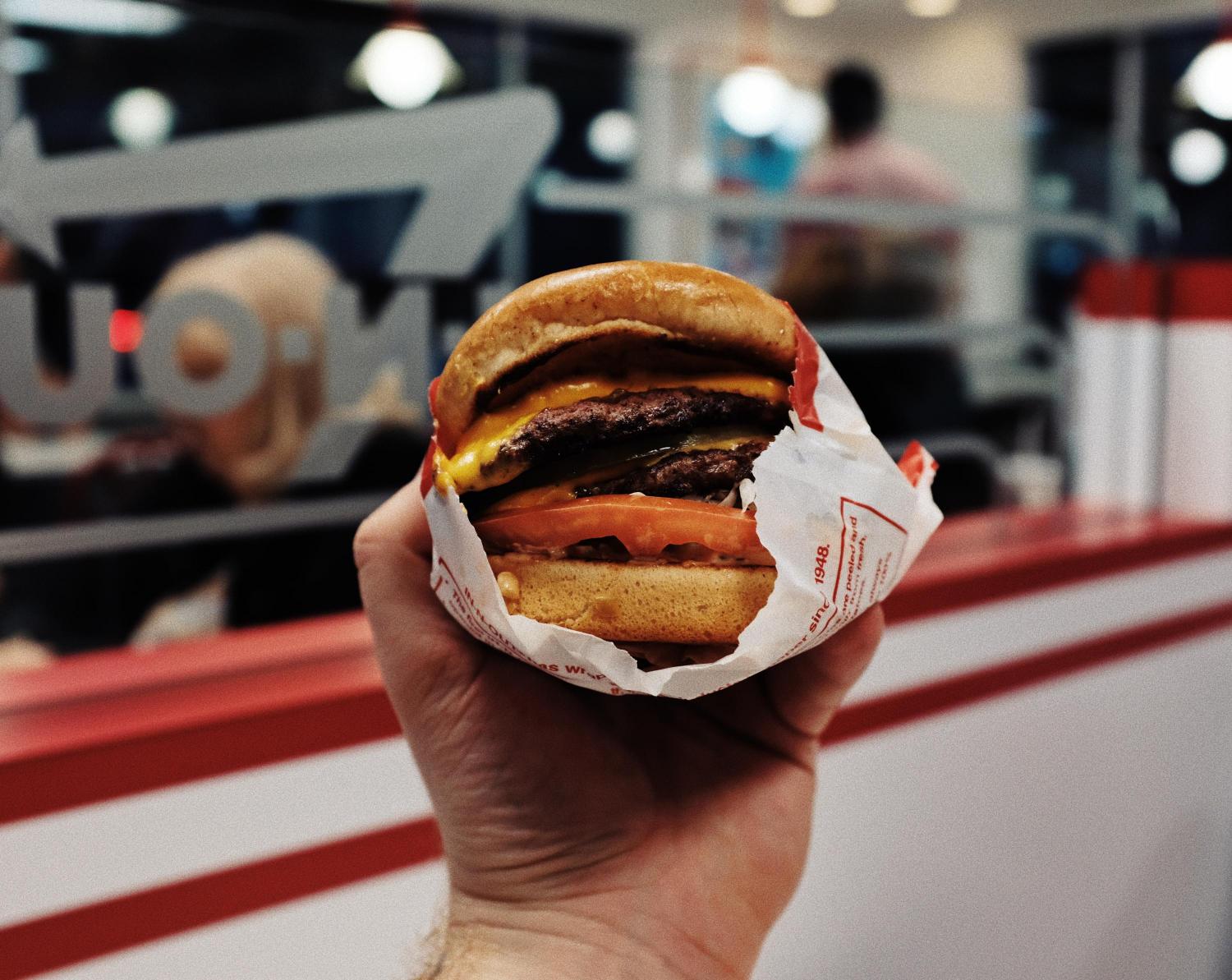
Taco Bell generated plenty of buzz last week when the brand announced it would launch a pilot program that would pay some restaurant general managers $100,000 a year. In addition, the company said it would offer front-line employees 24 hours (as in three working days) of sick time a year. For an industry notorious for paying barely above or at the minimum wage, this appeared to be a huge step forward for Taco Bell.
The Irvine, California-based purveyor of tacos and burritos was surely bullish about this chess move’s effect on social impact: “We're excited to shake things up and make 2020 even more about what matters most: our purpose,” the company said in a public statement.
Going above and beyond minimum wage?
The move is smart business, asserts Forbes contributor Christina Troitino, as employees who are engaged work harder and more effectively: “Every second of employee efficiency impacts Taco Bell’s financials at a macro scale, and quality employees and strong training contribute.”
“The test by Taco Bell could also create a ripple effect among fast-food companies,” predicts New York Times reporter Derrick Bryson Taylor.
True, a hot economy and low unemployment are partially fueling this push to boost salaries. Yet the Yum! Brands-owned chain has scored a copious amount of press across many media channels for driving this boost in pay. It also said it is considering new roles for restaurant employees who are interested in gaining leadership experience but don’t necessarily want to be on the restaurant manager career track.
But we've got to bring up one caveat: There’s another restaurant chain out there that has been far ahead of the curve when it comes to paying its workers, whether they are at the cash registers, flipping burgers or are overseeing a restaurant’s day-to-day operations.
In-N-Out, the fast-food trailblazer
It’s long been known for its simple product line: burgers, fries and shakes, along with a secret menu that has earned this company a cult-like status amongst California foodies. There is no chicken or plant-based option here, but that doesn’t stop this chain from doing a brisk business, from Redding in the far north of California to just a few miles from the border with Mexico in San Diego. (The company has locations in five other western U.S. states, too.)
Yes, we’re talking about In-N-Out, the septuagenarian burger chain also known for its secretive owner and penchant for hiding Bible verses on some of its food packaging.
Unlike Yum! Brands, which trades on the New York Stock Exchange, In-N-Out is privately owned and doesn’t have the same requirements to disclose its financials. And as is the case with many privately-owned companies, it stays under the radar and is largely secretive. Nevertheless, here on the Left Coast, the hamburger chain known for its brightly lit dining areas and consistently good service has a reputation for paying its workers well over minimum wage. And in a rare interview granted by any of its corporate executives in 2018, the company’s vice president of operations confirmed rumors that restaurant managers are paid about $160,000 a year, as much as triple the salary at competing fast food companies.
Newly hired workers are paid a competitive hourly wage as well, in the range from $13 to $17 an hour, about or well over double the federal minimum wage of $7.25 an hour. True, California (in most regions) has a higher cost of living than much of the U.S., but In-N-Out is still paying a higher wage than the likes of Jack In The Box, Burger King and McDonald’s in the state.
Regardless of the debate over who is being more progressive on fast-food workers’ wages and quality of life, whether that be In-N-Out or Taco Bell, the stubborn fact remains that the pay disparity between fast-food employees and CEOs ranks highly when compared to other industries. Throw Starbucks into the mix, and the CEOs of the 11 most valuable U.S. fast-food chains was over $6,600 an hour last year — or more than 500 times the median $13 an hour wage earned by employees at these companies and their franchisees, Investors Daily reports.
Image credit: Blake Guidry/Unsplash

Leon Kaye has written for 3p since 2010 and become executive editor in 2018. His previous work includes writing for the Guardian as well as other online and print publications. In addition, he's worked in sales executive roles within technology and financial research companies, as well as for a public relations firm, for which he consulted with one of the globe’s leading sustainability initiatives. Currently living in Central California, he’s traveled to 70-plus countries and has lived and worked in South Korea, the United Arab Emirates and Uruguay.
Leon’s an alum of Fresno State, the University of Maryland, Baltimore County and the University of Southern California's Marshall Business School. He enjoys traveling abroad as well as exploring California’s Central Coast and the Sierra Nevadas.














